Vegan Globetrotter is supported by our audience. When you purchase through one of our links, we may earn a small affiliate commission. As an Amazon Associate I earn from qualifying purchases. Your cost is not affected.
==================
Induction cooking promises precision control, faster cooking times, and enhanced safety while saving energy costs. Imagine whipping up a gourmet meal with these advantages at your fingertips. As more households seek to modernize their kitchens, the allure of induction cooking grows stronger.
But is this sleek, high-tech cooking method truly worth the investment? Join us as we delve into induction cooking, examining its benefits, potential drawbacks, and real-world performance to help you decide if it’s the right choice for your culinary adventures.
Induction Cooking: Evaluating the Worth of Your Initial Investment
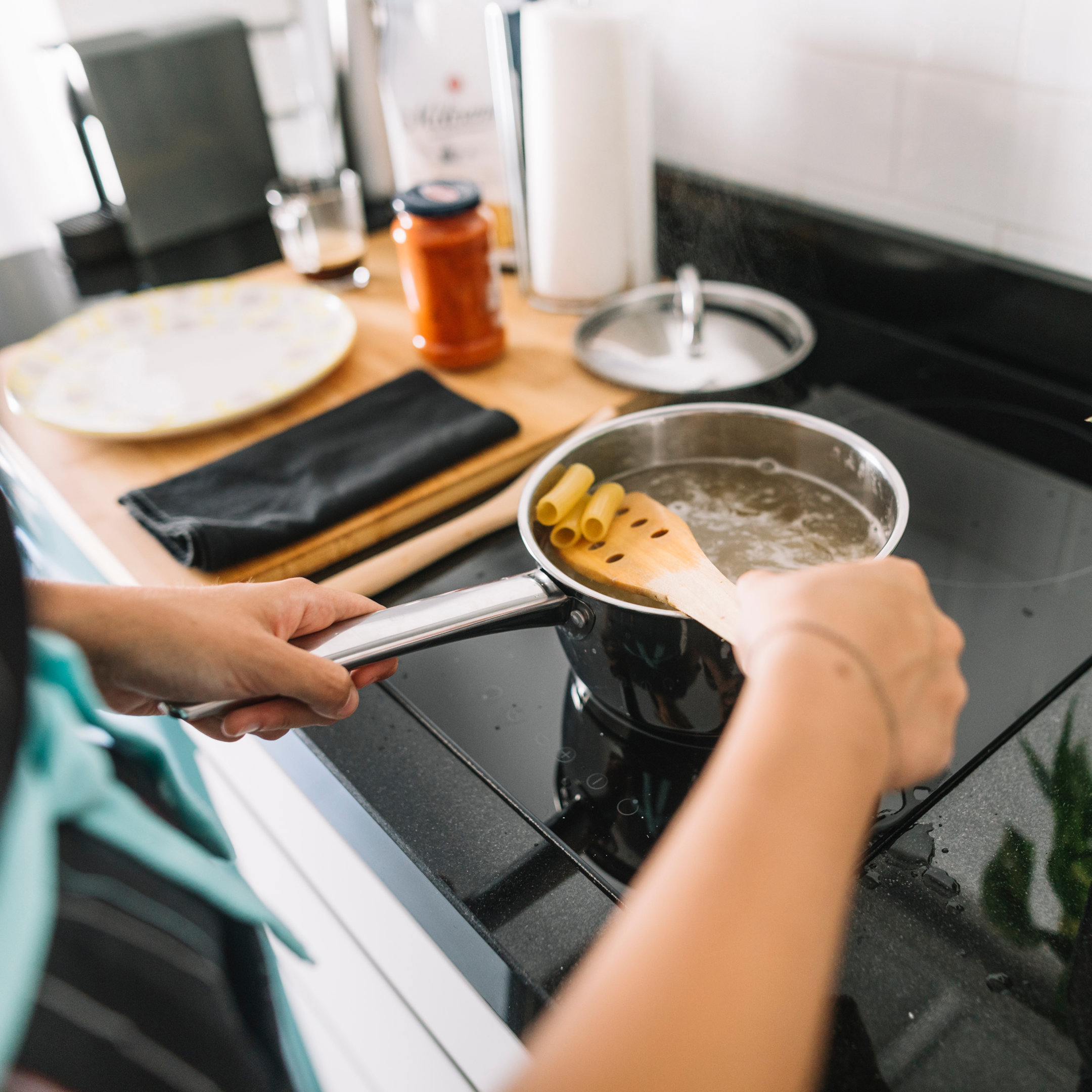
Induction cooking has quickly become a modern kitchen revelation, promising high energy efficiency and precision temperature control. If you’re considering upgrading your cooktop, you might wonder if the benefits of induction cooking are worth the initial expense. Unlike traditional stoves that use flames or electric heating elements, induction cooking heats your pots and pans directly through magnetic induction.
This means faster cooking times, better control, and increased safety. However, switching to induction cooking isn’t just about buying a new cooktop. You should check if your current cookware is compatible, consider the setup costs, and consider how it might change your cooking routine. The idea of lower energy bills and quicker meals is appealing.
However, it is important to weigh the upfront installation costs against the long-term benefits. Plus, with everyone becoming more eco-conscious, the potential to reduce wasted heat and conserve energy might make a difference in your decision. Ready to explore if induction cooking is right for you? Let’s dive in!
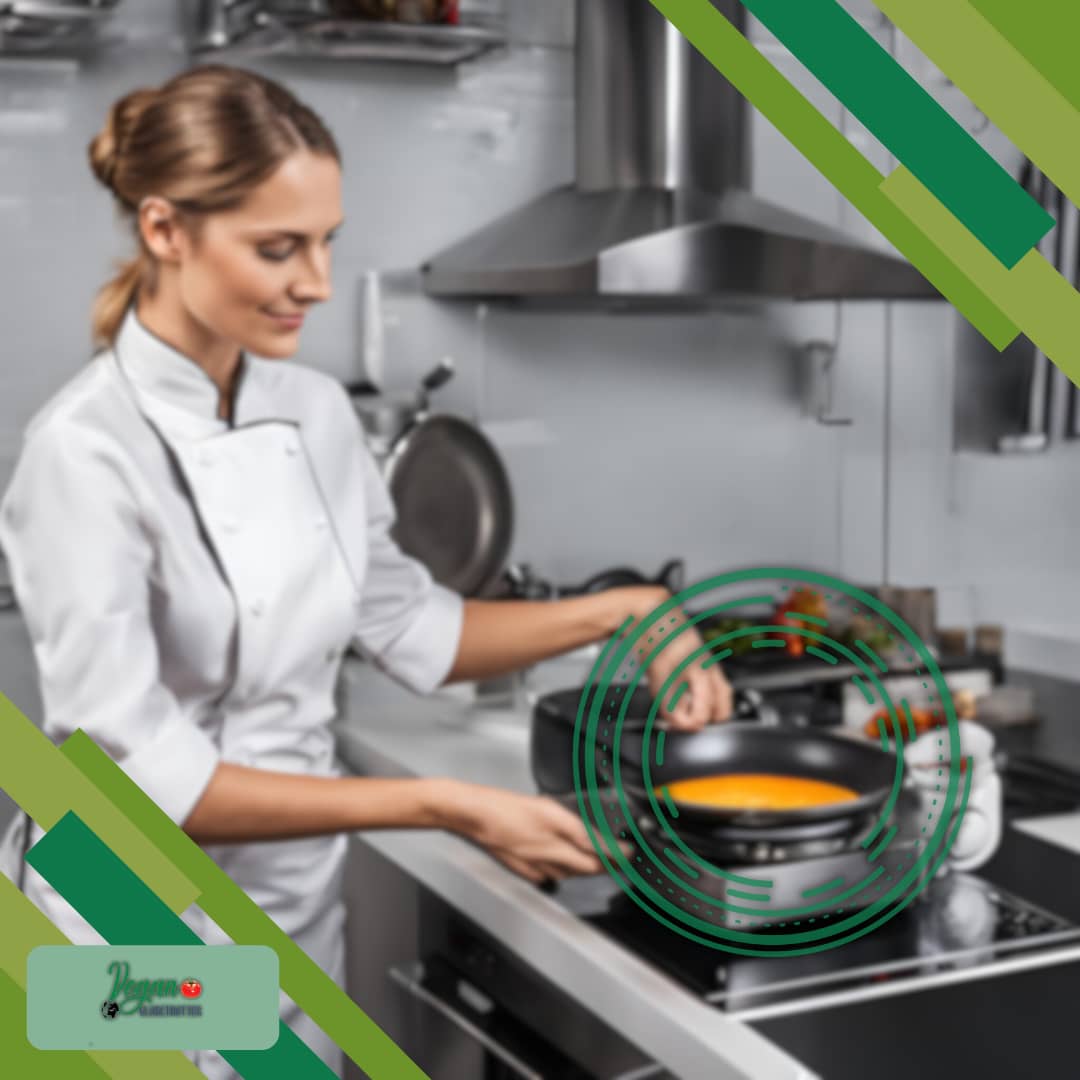
Key Takeaways
- Induction cooking works by using an electric current to produce a magnetic field. This field interacts with ferromagnetic cookware, heating it rapidly while keeping the cooktop itself relatively cool.
- Induction cooking offers a range of benefits, from precise control in cooking to easy cleaning and maintenance. By understanding how it compares to gas and electric cooktops, you can better decide if it’s right for your kitchen.
- When thinking about induction cooking, you’ll need to consider specific electrical requirements and ensure your kitchen has enough space for the new appliance.
- Induction cooking is gaining attention not just for its performance but also for its environmental benefits. It can reduce carbon footprint, improve energy efficiency, and support sustainability efforts.
- When deciding if induction cooking is right for you, consider its efficiency and safety compared to the initial cost and what kind of cookware you’ll need.

Mastering the Basics: Fundamentals of Induction Cooking
Induction cooking offers high efficiency and speedy heat control, reshaping conventional kitchen dynamics. Its reliance on electromagnetic fields marks a sharp turn from traditional cooking methods.

Principles of Induction Heating
Induction operates on an electric current, producing a magnetic field. This field interacts with ferromagnetic cookware, heating it rapidly while the cooktop remains relatively cool. Your cookware becomes the heat source, allowing precise temperature control and reduced heating time.
How it works:
- When power is supplied, an induction coil beneath the cooktop surface generates a magnetic field.
- When a pot or pan with ferrous material is placed on the cooktop, the magnetic field induces an electric current in the cookware.
- Heat is produced by the resistance of the pot or pan to the electric current.
Did You Know?
Did you know that certain induction cooktops come with features such as Child Lock? This function prevents children from accidentally activating the cooktop, providing an additional safety measure for your kitchen. And that’s just the beginning!
Benefits of Induction Cooking
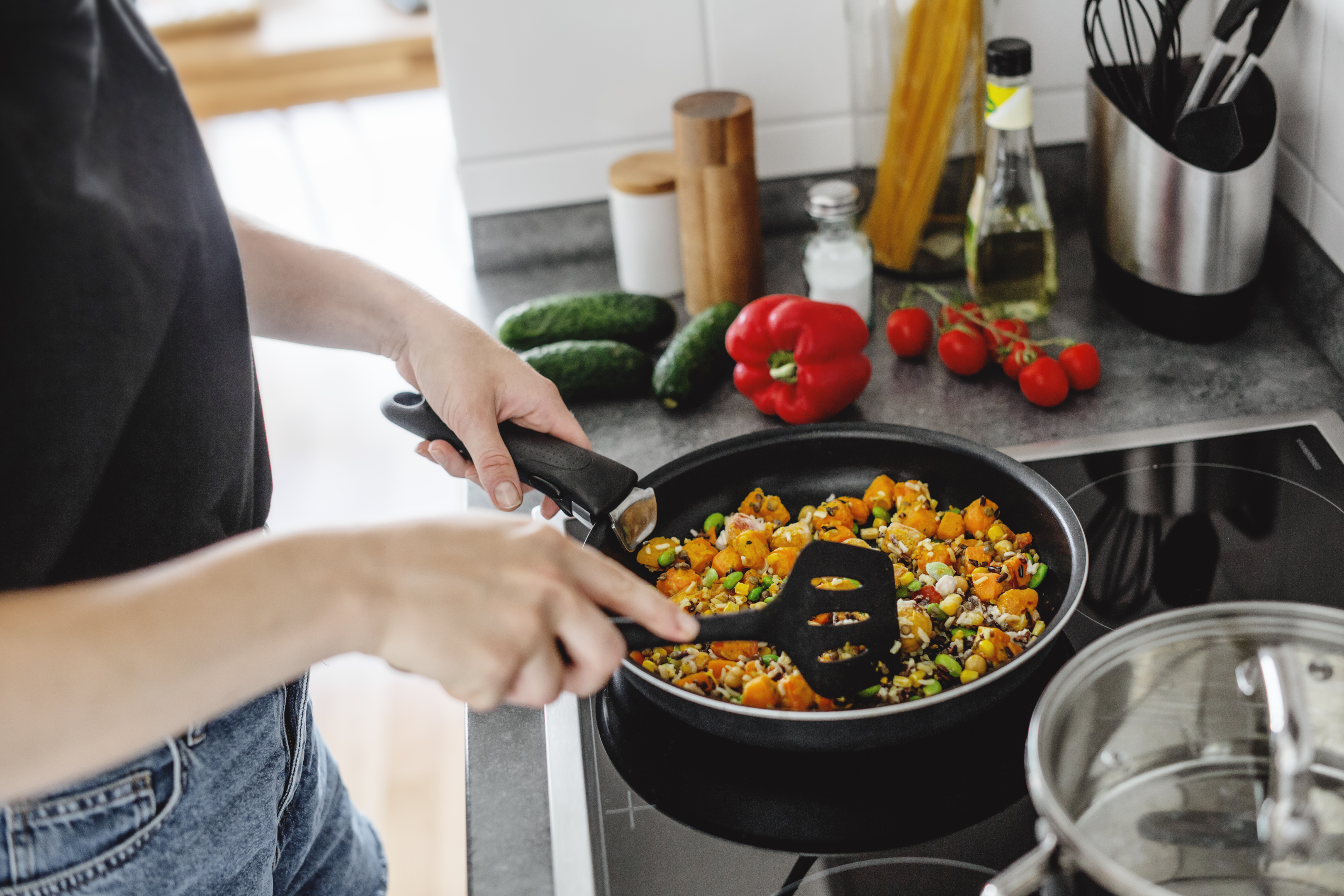
Induction cooking offers a combination of speed, precision, and efficiency, revolutionizing your kitchen experience. These cutting-edge benefits significantly enhance your cooking and can justify the initial investment.
Precision and Control in Cooking
Induction technology enables you to adjust the cooking temperature with exceptional precision. This precise control means you can achieve the exact temperature you need, whether simmering sauces or melting chocolate, ensuring perfect cooking results every time.
Safety Features and Efficiency
Induction cooktops enhance safety during cooking because the glass surface remains relatively cool. This eliminates the risk of burns from an open flame or hot element.
Moreover, induction cooktops are more energy efficient, with less heat lost to the surrounding air, contributing to lower energy bills.
Ease of Cleaning and Maintenance
The smooth surface of an induction cooktop not only cools down quickly but also makes wiping up spills a breeze.
With no grates or coils, you can easily clean the surface with a simple swipe, making cooktop maintenance more straightforward than ever.
Comparing Induction to Traditional Cooking Methods
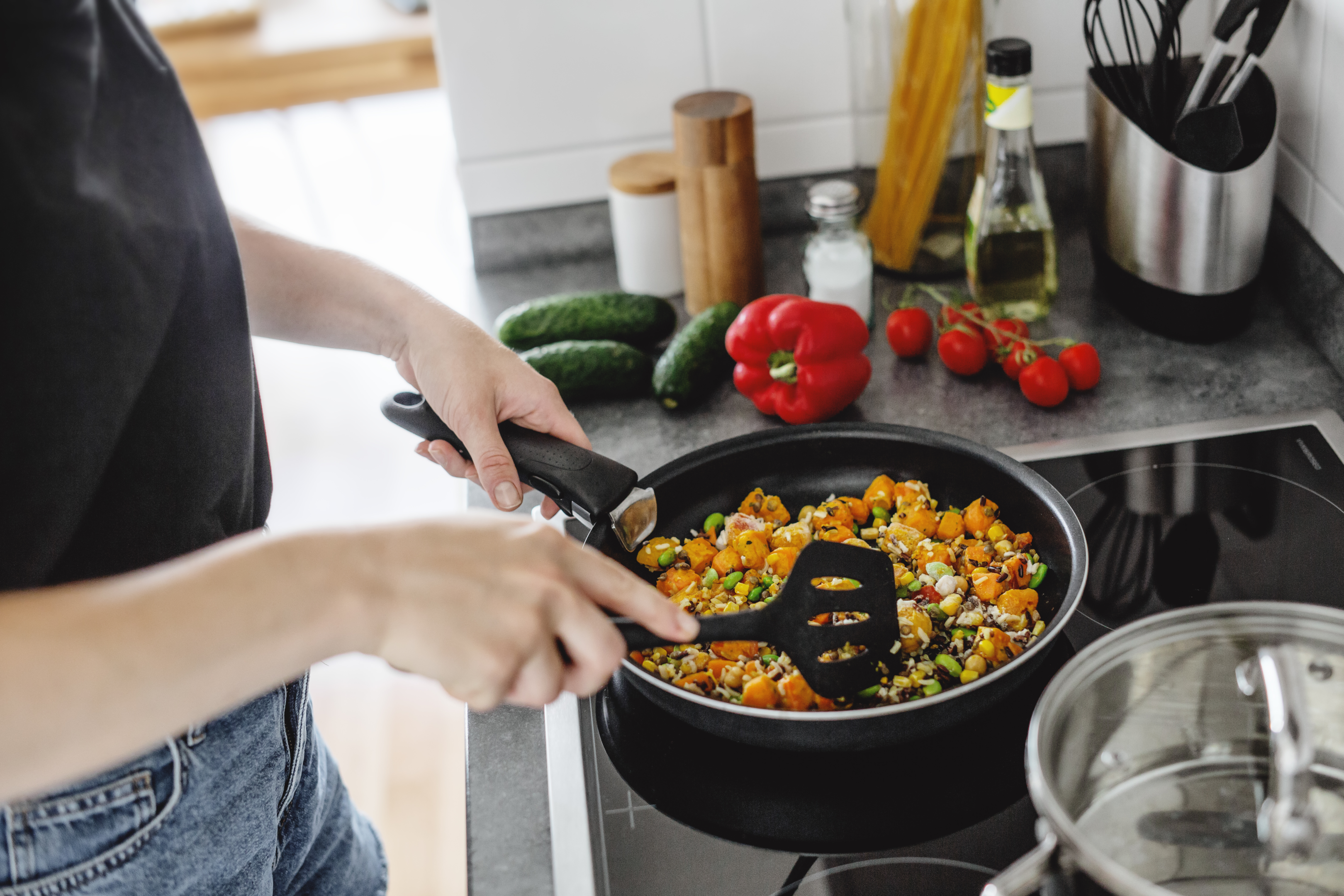
Induction Vs. Gas
- Induction cooktops are more energy-efficient, with minimal heat waste than gas cooktops.
- Safety is enhanced as no open flame reduces the risk of burns or fire.
- Induction allows for quicker heat adjustments, providing a similar experience to gas in terms of control.
Induction Vs. Electric
- Induction boasts faster cooking times than electricity due to rapid heat transfer.
- Electric cooktops heat the element and then transfer the heat to the pot, while induction cooktops heat the pot directly and uniformly.
- Temperature control with induction is more precise and responsive, giving you a superior cooking experience.
By understanding how induction cooking works and how it stands compared to gas and electric cooktops, you can better assess its value for your kitchen. You can balance the upfront cost against the potential for energy savings and enhanced cooking control.

Here’s an additional video if you want to learn more about why induction cooking is better.
By: Cook Culture
Weighing the Costs of Induction Cooking: Is It Worth It?
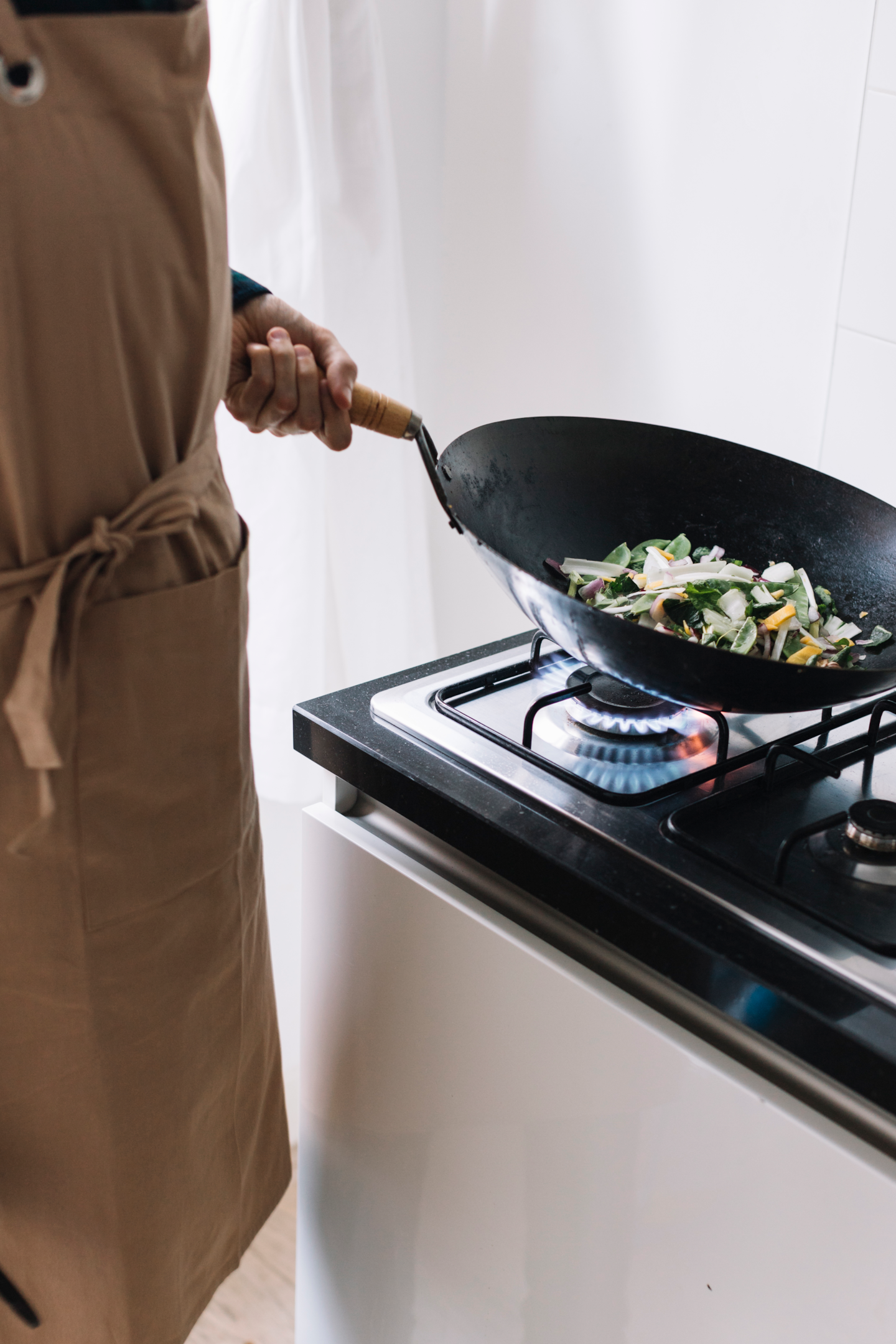
When considering induction cooking, it’s essential to review the immediate expenses and the potential long-term cost benefits.
Upfront Investment for Induction Cookware
Induction cooking relies on cookware that has magnetic properties, such as cast iron or certain types of stainless steel. If your cookware needs to be induction-ready, you’ll need to purchase new pots and pans. Initial costs can be significant, especially for high-quality sets, with some prices being notably higher than traditional cookware.
Long-Term Energy Savings
Induction cooktops are highly energy-efficient, with approximately 85-90% of the energy consumed transferred directly to the food. This is compared to around 70-75% for electric ranges and 40-55% for gas.
In the long run, these energy savings can help balance out the initial higher cost of an induction cooktop. Furthermore, the reduced cooking time and lower utility costs contribute to long-term savings in both energy and money.

Installation Requirements and Considerations
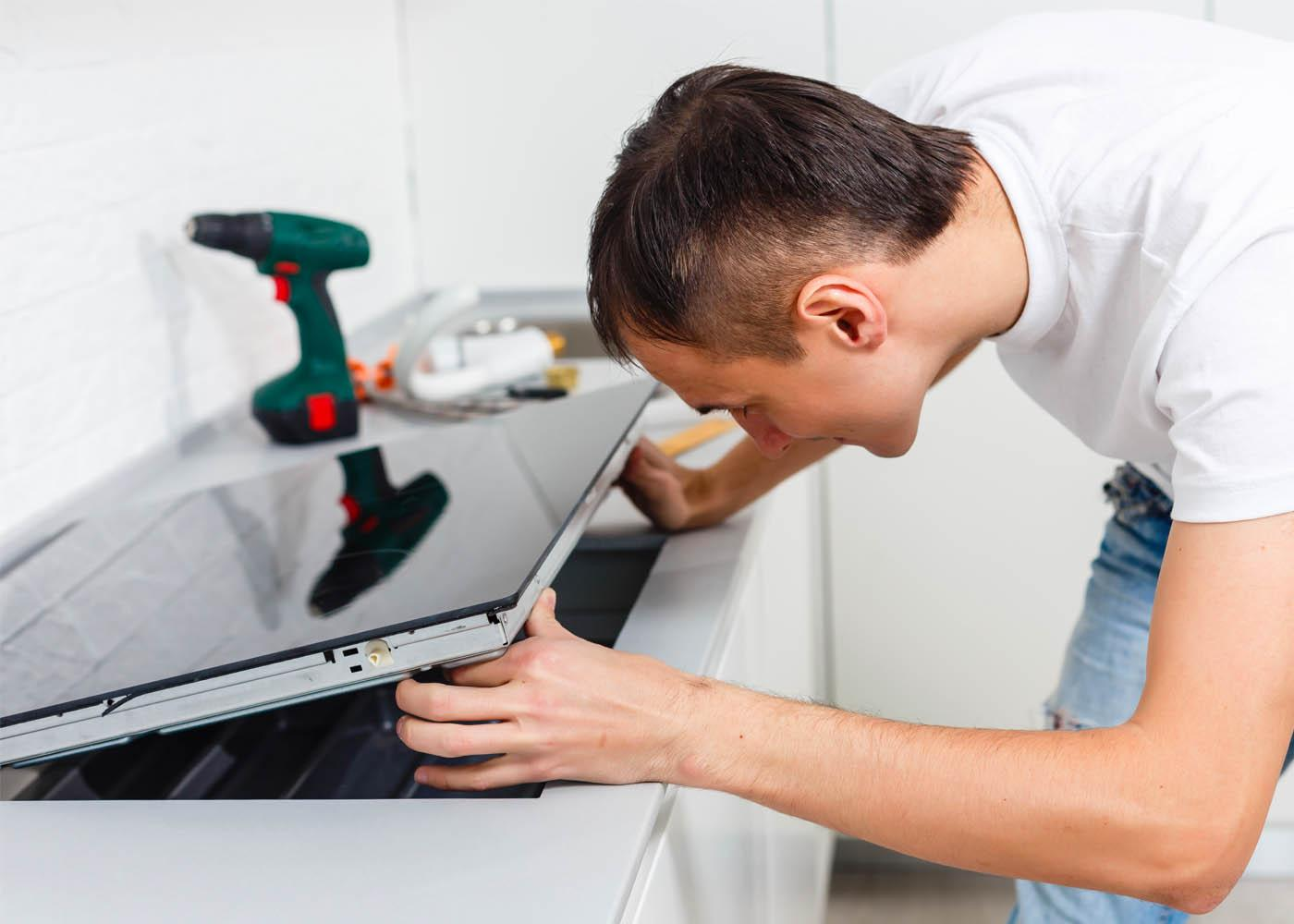
When considering induction cooking, you must account for specific electrical requirements, ensure your kitchen space accommodates the new appliance, and determine whether your current cookware is compatible.
Electrical Requirements
Induction cooktops and ranges typically require a 240-volt outlet, similar to traditional electric stoves. They also demand a dedicated electrical circuit, protecting your kitchen from potential overloads. Ensure that your existing electrical setup adheres to these standards; otherwise, a qualified electrician may need to upgrade it.
Space and Kitchen Design
Your kitchen design should accommodate an induction cooktop or range with enough counter space for installation. Measurements and clearances are crucial because gas appliances require different ventilation and air circulation needs. Precise countertop cutting might be required for drop-in induction cooktops.
Compatibility with Existing Cookware
Induction cooktops need magnetic cookware to operate. You can check if your pots and pans are compatible by using a magnet—if it sticks, they’ll work. If yours still needs to meet this requirement, expect to invest in induction-ready cookware. Options include cast iron, stainless steel variants, or specially designed induction cookware.

The Environmental Impact of Induction Cooking
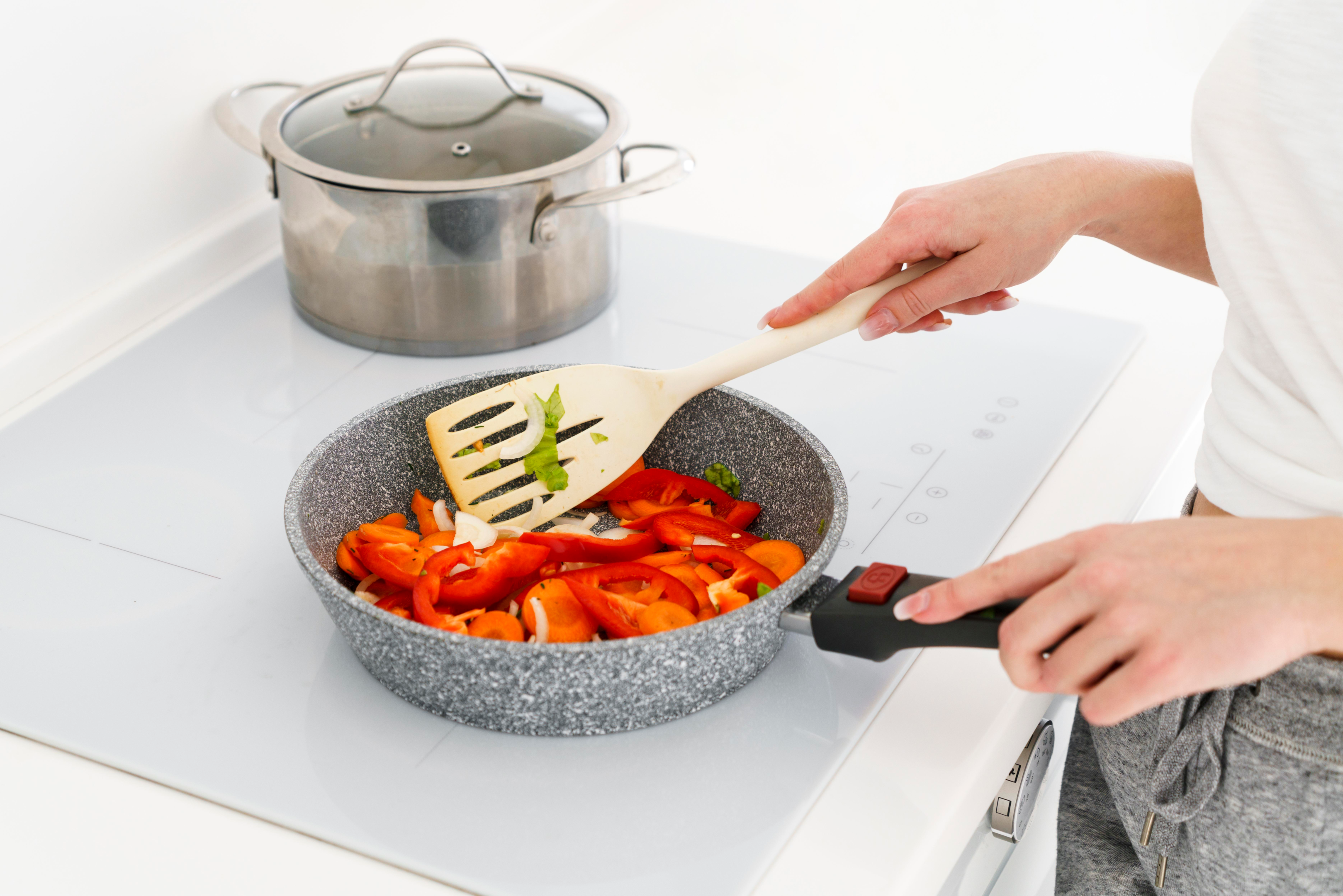
Induction cooking is gaining attention not only for its cooking efficiency but also for its environmental benefits. Understanding the ecological implications of your cooktop choice can significantly impact your carbon footprint and long-term sustainability goals.
Reduction in Carbon Footprint
Your choice to switch to induction cooking could reduce your household’s carbon footprint. Induction stoves are electric, and if powered by renewable energy sources, they contribute far less to greenhouse gas emissions than gas stoves.
Professional chefs highlight that induction stoves are a cleaner option, as they don’t release the indoor pollutants characteristic of gas stoves.
Energy Efficiency and Sustainability
Induction cooktops boast about 84% energy efficiency, a considerable improvement over gas and electric stovetops, which are rated at 40% and 74% efficiency, respectively.
Induction technology directly generates heat in the cookware itself. This means you lose less heat to the surrounding air, which not only saves energy but also improves the sustainability of your kitchen practices by minimizing unnecessary power usage.
Making the Decision
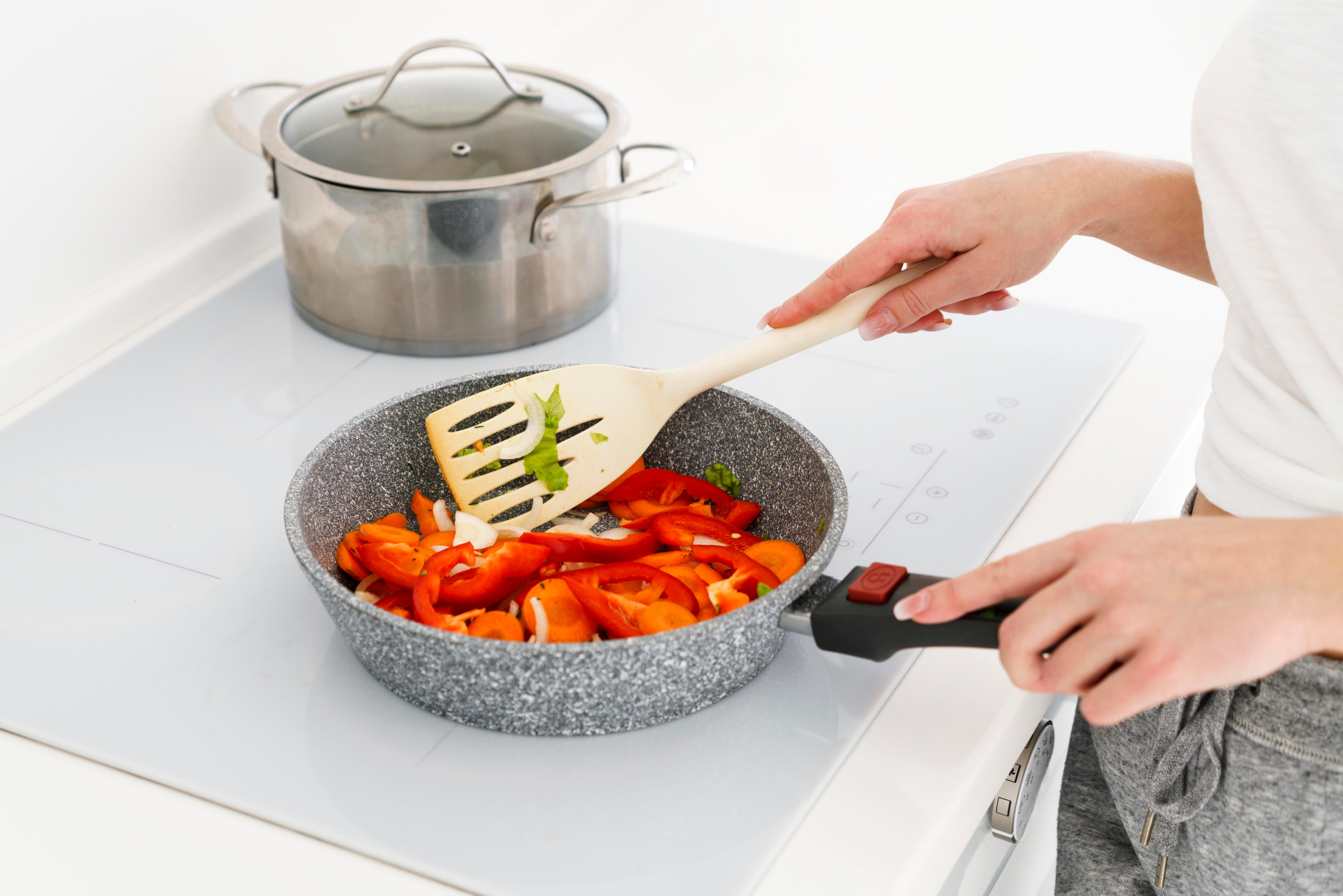
When considering whether induction cooking is right for you, weigh the efficiency and safety benefits against the initial cost and cookware requirements.
Precision Cooking: Your ability to cook at exact temperatures allows you to execute delicate tasks like simmering sauces perfectly.
Safety: With no open flame, induction cooktops reduce the risk of burns, and the glass surface stays cooler, adding an extra layer of safety.
Speed: Induction cooktops boil water faster than traditional electric or gas cooktops.
Cookware Compatibility: You might need to invest in new cookware because induction cooktops require magnetic cookware.
Short-Term Costs: Evaluate the upfront cost of the induction cooktop and any potential new cookware you may need.
Long-Term Savings: Consider energy bill reductions and the durability of induction technology that might offer savings over time.
Here’s an additional video about induction cooking.
By: Stoves UK
Induction Cooking: A Balanced Decision for Your Kitchen Future
Induction cooking represents a leap forward in kitchen technology, offering precise control, faster cooking times, and enhanced safety. The initial investment might seem steep, especially considering compatible cookware and installation costs. However, the potential long-term energy savings and environmental benefits can make induction cooking a worthwhile investment for many households.

By opting for induction, you’re choosing a more efficient way to cook and contributing to a cleaner environment with reduced energy consumption. The appeal of induction technology is further enhanced by its ability to cook with precision and speed, coupled with improved safety features.
Whether induction cooking is worth your investment depends on your cooking needs, budget, and environmental priorities. As technology continues evolving and consumer demand grows, induction cooking is poised to become a staple in modern kitchens, offering practical benefits and eco-friendly solutions for conscientious consumers.
Frequently Asked Questions
What Are the Long-term Cost Benefits of Using an Induction Cooker?
You’re investing in efficiency and potential savings by switching to induction cooking. You may find a decrease in your energy bills over time due to the faster cooking times and precise temperature control, which can lead to less wasted energy.
How Does Induction Cooking Affect Cooking Times and Efficiency Compared to Traditional Methods?
Induction cooktops are designed to heat cookware more quickly and evenly, which can cut your cooking times by approximately 50%. The instant heat adjustment also allows for a more efficient cooking process than gas or electric stovetops.
How Does Induction Cooking Affect Cooking Times and Efficiency Compared to Traditional Methods?
The main drawbacks include the need for induction-compatible cookware, which must have a magnetic base, and the higher initial cost of the cooktop itself. If you’re new to this technology, there might also be a learning curve.
Find Us on Social Media
Facebook: VeganGlobetrotter Join us on our Facebook page, VeganGlobetrotter, where we share mouthwatering plant-based recipes and tips to inspire your vegan lifestyle.
Instagram: _veganglobetrotter Follow us on Instagram at _veganglobetrotter to embark on a visual journey of delectable vegan dishes.
Pinterest: theveganglobetrotter Dive into the world of plant-based goodness and wellness with our Pinterest account, theveganglobetrotter.
Twitter: VeganGlobetrot Stay up-to-date with the latest vegan trends, insightful articles, and exciting updates by following us on Twitter at VeganGlobetrot.





Don't miss out
when new recipes and information are added!
Join our newsletter for free recipes,
healthy living inspiration, and special offers
You have Successfully Subscribed!